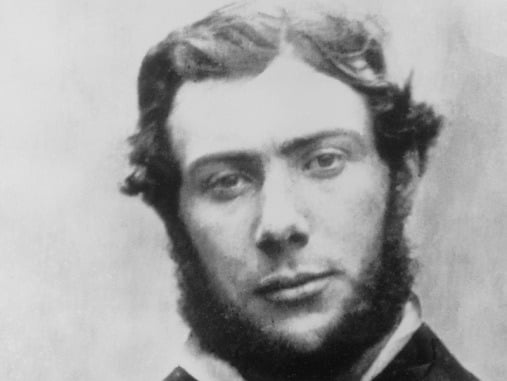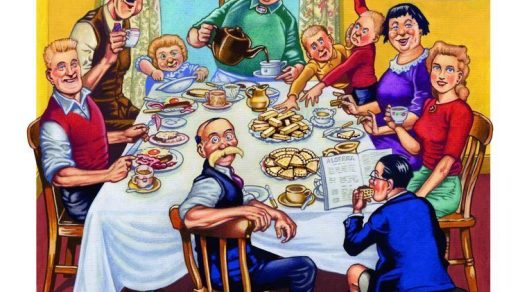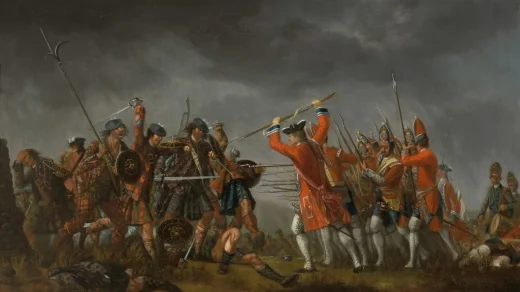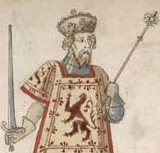Baikie was born at Kirkwall, Orkney, eldest son of Captain John Baikie, R.N. He studied medicine at Edinburgh, and, on obtaining his M.D. degree, joined the Royal Navy in 1848. He early attracted the notice of Sir Roderick Murchison, through whom he was appointed surgeon and naturalist to the Niger expedition sent out in 1854 by Macgregor Laird with government support. The death of the senior officer (Consul Beecroft) occurring at Fernando Po, Baikie succeeded to the command.

Ascending the Benue about 250 miles beyond the point reached by former explorers, the little steamer Pleiad returned and reached the mouth of the Niger, after a voyage of 118 days, without the loss of a single man. The expedition had been instructed to endeavour to afford assistance to Heinrich Barth, who had in 1851 crossed the Benue in its upper course, but Baikie was unable to gain any trustworthy information concerning him. Returning to the UK, Baikie gave an account of his work in his Narrative of an Exploring Voyage up the Rivers Kwora and Binue (1856)
In March 1857, Baikie—with the rank of British consul—started on another expedition in the Pleiad. After two years exploring the Niger, the navigating vessel was wrecked passing through some of the rapids of the river, and Baikie was unable to keep his party together. The expedition survivors were not rescued from Africa for a year. The botanist, Charles Barter, who trained at Kew Gardens and was foreman of Regent’s Park of the Royal Botanic Society, London from 1851–1857, caught dysentery and died at Rabba, Nigeria in 1859. He is commemorated by the genus Barteria Hook. f. in the Passifloraceae.
Baikie determined to carry out the purposes of the expedition. He first considered establishing a British Consular Agency at Kabba, but faced opposition from the local king – possibly because Baikie was against the slave trade, which still provided a generous income for some tribal leaders.
Landing from a small boat, with one or two native followers, at the confluence of the Niger and Benue, he instead chose Lokoja as the base of his future operations, it being the site of the model farm established by the Niger expedition of 1841, and abandoned on the death of most of the white settlers (see Capt. W. Allen, R.N., and T. R. H. Thomson, M.D., A Narrative of the Expedition . . . to the River Niger in 1841, (1848)).
After purchasing the site, and concluding a treaty with the Fula emir of Nupe, he proceeded to clear the ground, build houses, form enclosures and pave the way for a future city. In less than five years he had opened up the navigation of the Niger, made roads, and established a market to which the native produce was brought for sale and barter. His settlement grew to include representatives of almost all the tribes of West-Central Africa, and more than 2,000 traders visited the town in its first three years. To the motley commonwealth thus formed he acted not merely as ruler, but also as a physician, teacher and priest. He collected vocabularies of nearly fifty African languages and translated portions of the Bible and prayer-book into Hausa and Arabic. Once only during his residence had he to employ armed force against the surrounding tribes. While on his way home, on leave of absence, he died at Sierra Leone.



